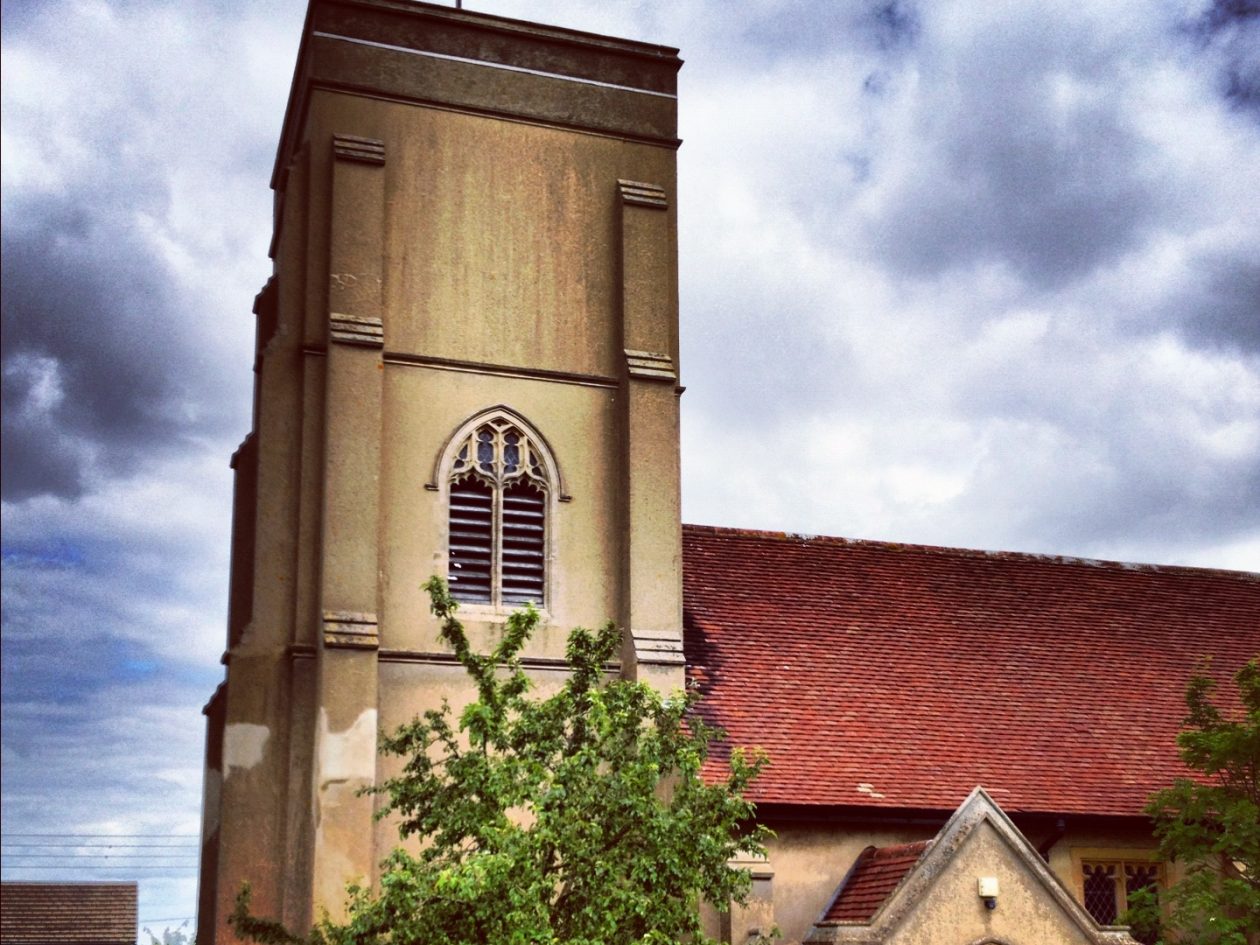A major new study on the reasons behind falling and rising attendance at churches will be published today by the Church of England (Thursday 16 January 2014).
The research led by David Voas, Professor of Population Studies, was commissioned as part of The Church of England Growth Research Programme, based on the Archbishop of Canterbury’s strategic goals to the new General Synod in 2010.
Professor Voas led an extensive analysis of existing church attendance and other data to test hypotheses around factors relevant to church growth and completed in depth profiling of a sample of growing churches (from a wide variety of contexts and traditions) and a randomly selected control group.
Overall attendance was found to be falling by 9 per cent across all aged groups over the past decade but almost half of all churches (48 per cent) now has less than five under 16s attending. The research highlights the risk to the survival of the Church if it fails to convince this generation to attend in the future. The Executive Summary of the research, published by the Church of England, states:
“On the positive side, the research highlights that churches where there is a high ratio of children to adults are twice as likely to be growing; There is an urgent need to focus on children, young people and their parents and a challenge to
identify how the church can best invest in people, programmes and strategies which will encourage young people actively to continue exploring faith.”
Statistics from the 2011 Census released last week have shown that almost one in ten pre-schoolers in England and Wales is currently raised as Muslim, while Christians remain the largest religious group among those aged 0-4, at 1.5 million, 43 per cent.
Justin Welby, Archbishop of Canterbury said:
“There is every reason to be hopeful about the future of the Church of England, and indeed, all the churches in this country. There are many signs of growth, huge areas of development, and the church is – more than it has been for the last 60 years – demonstrating how essential it is to hold together our society.
Over time there has been a decline in the percentage of the population that attends church. We need to listen to the message that comes through this research in order to develop our own strategies and stop doing things that help accelerate decline and focus on things that develop growth."
Andreas Whittam Smith, First Church Estates Commissioner and Chair of the advisory panel which commissioned and oversaw the research, also welcomed the findings:
“The findings of this research provide facts figures and stories which are helpful to the Church and vital to our understanding of which factors contribute to growth. There is now a substantial body of evidence and the findings have provided a firm foundation for researching further some of the associations found. It is particularly encouraging to see evidence in the research that many churches are responding to the need to reach out to those who might not normally go to church, being willing to change and adapt to different trends and contexts.”
Professor Voas said:
“There is no single recipe for growth; there are no simple solutions to decline. The road to growth depends on the context, and what works in one place may not work in another. What seems crucial is that congregations are constantly engaged in reflection; churches cannot soar on autopilot. Growth is a product of good leadership (lay and ordained) working with a willing set of churchgoers in a favourable environment.”
